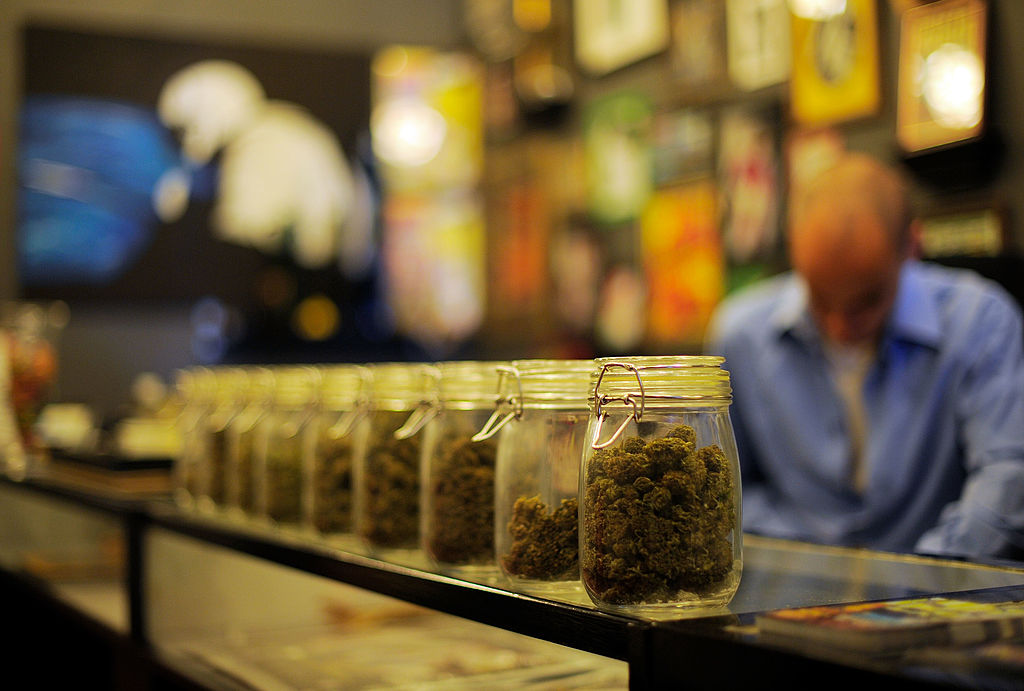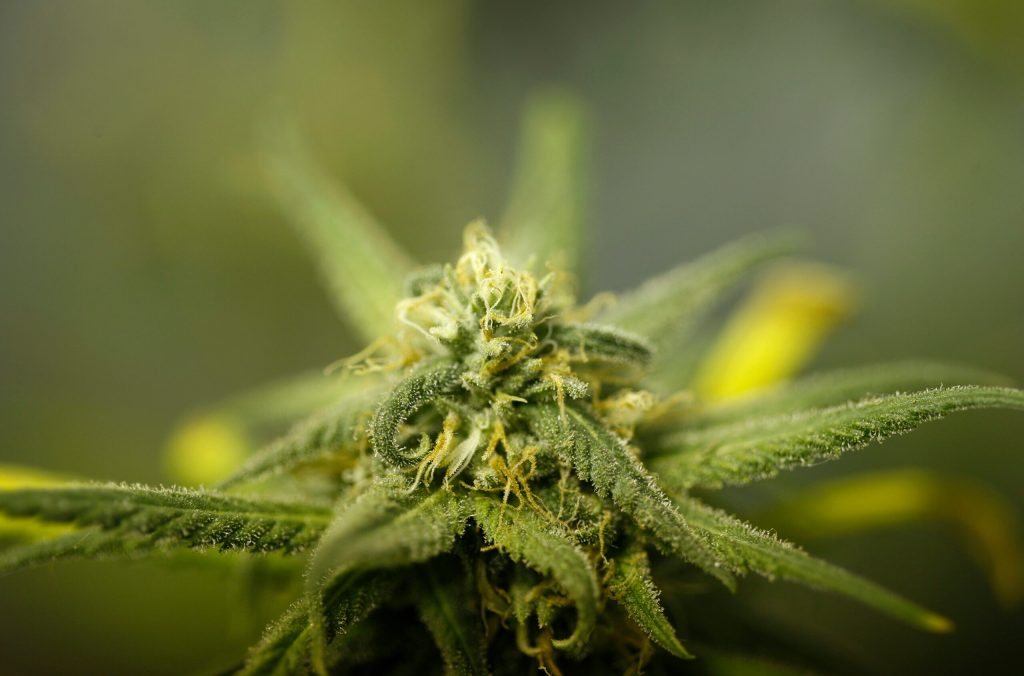As Canada prepares to roll out what’s expected to be the world’s largest legal cannabis market next summer, industry insiders are looking to Nevada as a cautionary tale.
Canada needs an estimated several hundred licensed cannabis producers to meet the expected demand from both Canadians and international weed tourists, according to industry players. But, to date, Canada has just 51. Currently, 428 cannabis companies in Canada are waiting for the government to approve their applications for licenses to produce, and hundreds more have been rejected.
Videos by VICE
“This situation is a major wakeup call for Canada’s federal and provincial government,” said David Hyde, a Toronto-based security consultant who works with Canadian companies on their applications for licenses to produce medical cannabis. It’s these companies that will also be responsible for cultivating cannabis for the country’s future recreational market.
“There’s a lot to be ironed out in order to be prepared.”
Although the Canadian government has been issuing marijuana cultivation licenses at an unprecedented rate in recent weeks — including three in one day in June — granting the several hundred more required by the time legalization comes into force, around July 1, 2018, seems unlikely.
“This is more than just a market opportunity, it’s a social shift.”
Health Canada, the department which oversees the marijuana cultivation system, told VICE News that they promise to “take into account the lessons learned from Nevada and other U.S. states that have a legal regime in place.”
While the department refused to give a number as to how many producers it estimates will be needed in Canada to satisfy demand, a spokesperson did tout the streamlined approvals which, they hope, “will help increase the supply of cannabis.”
In a sign of what might be in store for Canada, Nevada Gov. Brian Sandoval declared a state of emergency on Friday. Less than two weeks after recreational cannabis sales in the state began on July 1, dispensaries started to run out of product despite stockpiling for months.
The state of emergency will allow officials to ease the regulations around who can distribute the cannabis, but many Nevada dispensaries will likely face cutting staff or shutting down altogether.
Dwindling supply is being blamed on sluggish licensing processes for Nevada’s alcohol distributors, which were granted exclusive rights to distribute cannabis in the state’s first year-and-a-half of legal sales. None of the other four U.S. states that allow recreational sales operate this way — and while some have faced supply glut or mild shortages, market forces and government intervention eventually work them out.
Given that distribution will be regulated at a provincial level in Canada, several regional governments, such as Ontario’s, have been toying with the idea of giving liquor stores a monopoly to sell marijuana, although cannabis advocates have pushed back. There are also concerns that, like Nevada, major kinks will occur in each supply chain across the country, especially as, with less than a year to go, no jurisdictions have unveiled their official distribution plans yet.

“I do expect there to be a shortage in Canada, frankly, and I don’t think things will be ready by the 2018 date,” Hyde said. “It’s not just the federal government that needs to worry about licensing cultivating and processing facilities. Here, distribution is king.” He pointed out, however, that if all else fails, consumers will likely be able to get recreational cannabis delivered by mail. The proposed legislation also allows people to grow up to four plants at home. Under the existing medical marijuana system in Canada, ongoing supply issues plague the 150,000 patients who purchase their product through the mail.
The Nevada Department of Taxation reported more than 40,000 transactions among the state’s 47 cannabis dispensaries since July 1. Some stores even doubled their sales expectations. In Canada, the stakes are that much higher: The recreational industry is expected to bring in more than $3.8 billion USD in annual tax revenue. Nevada, by comparison, is predicted to bring in $60 million over the next two years.
Dan Sutton is the managing director of Tantalus Labs, a medical cannabis company based in Vancouver, B.C. that was granted its license to produce in May after an arduous application process. He expects a massive turnout on the first day of legalization in Canada.
“There are people that have been waiting 30 years to be able to purchase cannabis legally,” he said. “This is more than just a market opportunity, it’s a social shift and to say you were there standing in line on the first day waiting to purchase legal cannabis is a milestone that a lot of Canadians want to participate in.”




